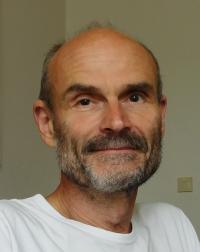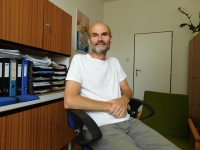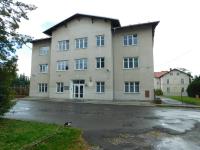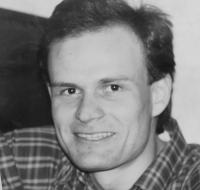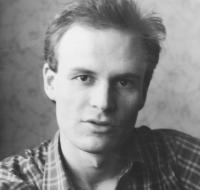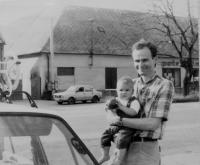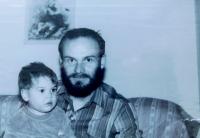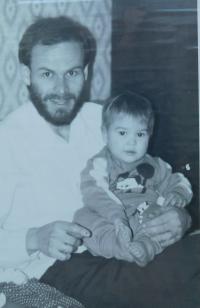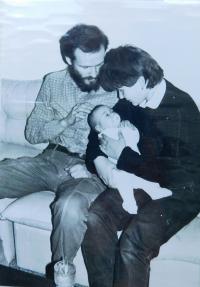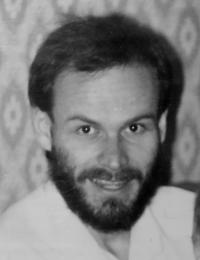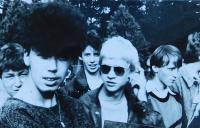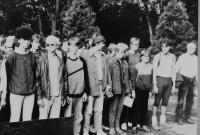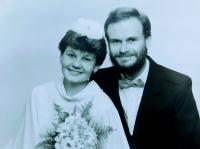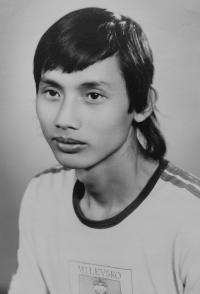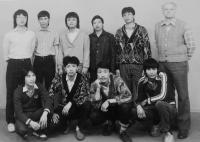I hope and I believe that we have helped them a little bit
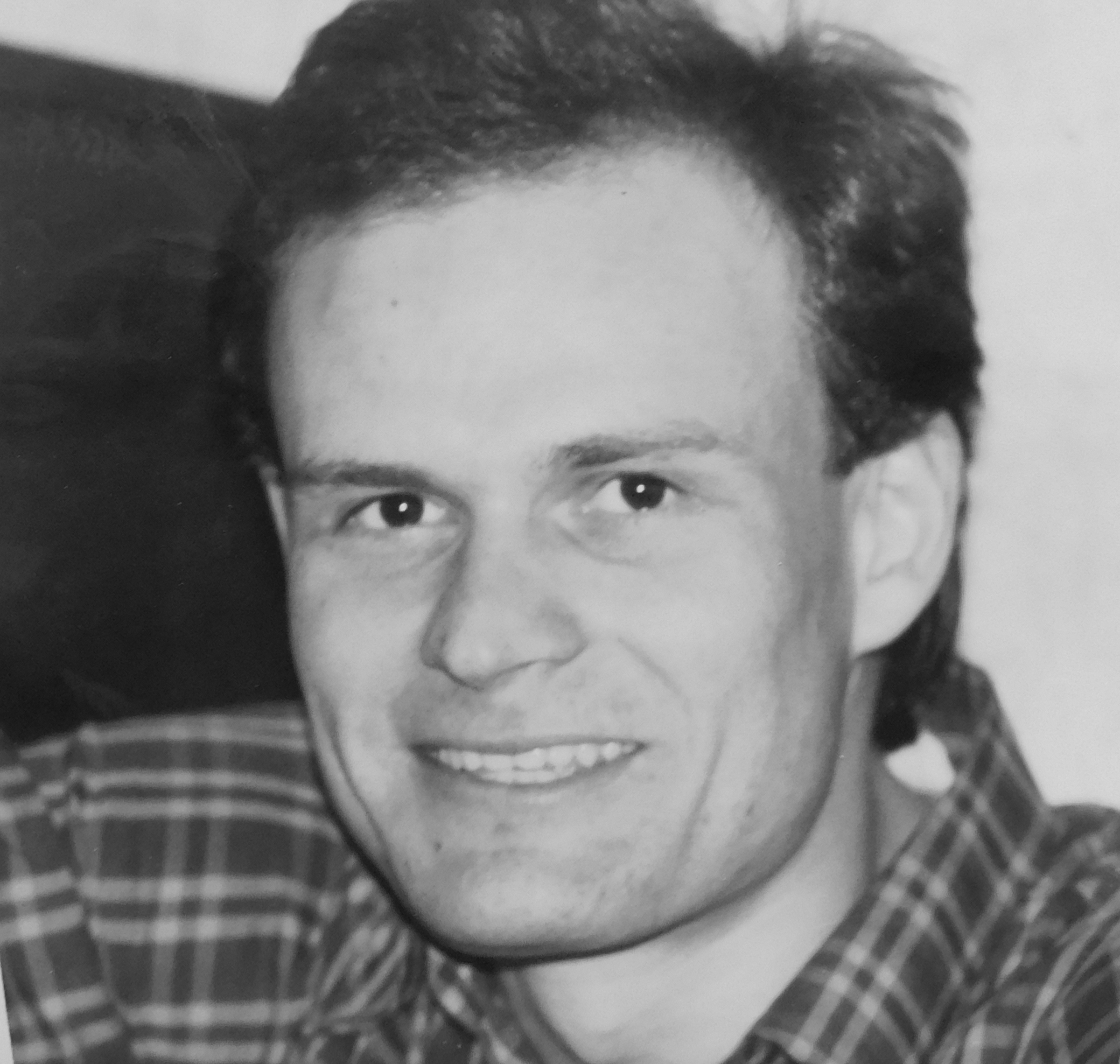
Stáhnout obrázek
Milan Uhlíř was born September 18, 1958 in Brno. After graduation from the College of Agriculture in Brno in 1983 he moved to the Javorník region. He worked there as a machinery technician at the State Farm Žulová and from September 1985 he worked as a specialized teacher at the secondary vocational school of agriculture in Horní Heřmanice. In the same year he married Lýdie Biernatová. He had ties to the Christian community and he thus quickly got acquainted with many interesting people in this region. Some of them were members of the Catholic dissent and Milan was receiving samizdat documents from them and later distributing them to his friends. Milan was also engaged in buying the material necessary for the printing of samizdat. In 1987 when he was a class teacher in Horní Heřmanice, Milan and several of his colleagues defended Vietnamese students who attacked the school principal due to racially motivated bullying. They were threatened with deportation to Vietnam and allegedly they also faced a risk of being sent to an internment camp where they might succumb to the harsh conditions. Although they were not able to avoid deportation, thanks to the teachers‘ intervention these students eventually did not get imprisoned. Milan Uhlíř was fired from his job shortly after, and he was nearly evicted from his apartment. Owing to the principal‘s contacts, nobody wanted to employ him and he and his wife were even considering moving to another district. Eventually he found a job in the Unified Agricultural Cooperative in Bernartice. After the collapse of the communist regime Milan worked in the charity house in Bílá Voda, where the communist regime had interned nuns from various orders and congregations. Later he became the director of the charity house and he was forced to deal with supporters of the old regime, because collaborators with the StB who had been sent there by the communist regime still continued working there. Since 2000, Milan has been working as the executive manager of the company Unita which produces altar bread and spa wafers in the premises of the convent in Bílá Voda. In 2017 he and his family were living in Vlčice.

